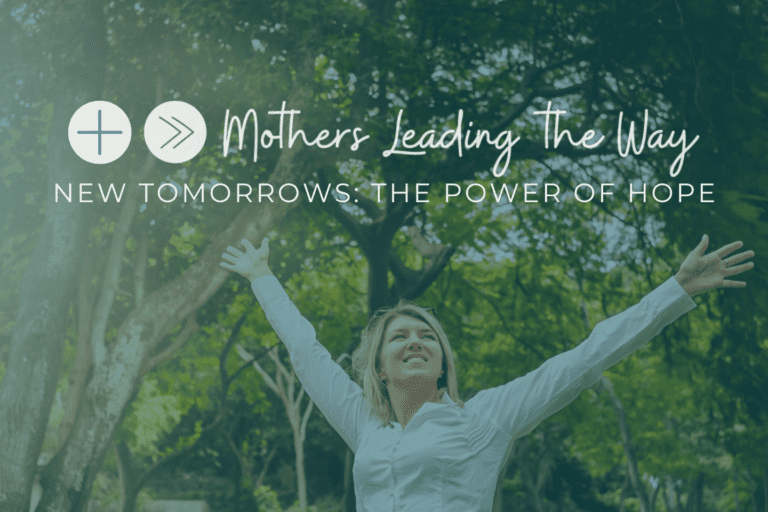Now that we know the benefits of increasing hope, how do we implement this in relationships? We start by applying principles from hope therapy. Hope therapy is a transformative approach that improves relationships with your partner, focusing on mutual goals, resilience, and flexible problem-solving. Imagine you and your partner have been struggling with communication, leading to frequent misunderstandings and stress. Applying principles from hope therapy, you both decide to set a shared goal of improving your communication to strengthen your relationship.
First, you identify the goal: to enhance your communication skills and understanding of each other. From there, you both cultivate the belief that you can improve your communication through effort and dedication. This might involve agreeing to actively listen to each other without interrupting, expressing your feelings openly and respectfully, or even seeking guidance from a couples’ counselor if needed.
Second, you explore various pathways to achieve this goal. One strategy is setting aside a specific time each week to talk about your feelings, concerns, and joys without distractions. Another pathway involves learning and practicing new communication techniques, such as using “I” statements to express your feelings without blaming the other person. For example, “when this action occurred, “I” felt like this,” or “when this was said, I felt like…” Using these prompts gives you room to clearly express how you feel while outlining what influenced you to feel that way. In clarifying what bothers you, you and your partner work towards healthy and effective communication; this gives you both hope for how to handle conflict in the future. When one method doesn’t work as expected, instead of giving up, you try another. By demonstrating flexibility and resilience, you both remain hopeful and inspire hope in your partner.
The scenario above highlights how hope therapy can encourage both partners to stay committed to their shared goal, even when progress seems slow or challenges arise. By maintaining a hopeful outlook, believing in your collective ability to improve your relationship, and being willing to adapt your strategies, you can create a stronger, more understanding, and supportive partnership. When you apply these principles from hope therapy, you increase your commitment and motivation to move towards your goals. This not only improves your relationship but also provides a model of constructive problem-solving and hopeful perseverance that you can apply to your relationship with your child or people at your work. When you use these techniques, you show them the power of hope in creating positive change.
You and your loved ones are worthy of a beautiful life lived to the fullest. What actions will you take today to bring the hope necessary to create that beautiful life for yourself?
References and further reading:
Cheavens, J. S., & Whitted, W. M. (2023). Hope therapy. Current Opinion in Psychology, 49, 101509.
Lopez, S. J., Floyd, R. K., Ulven, J. C., & Snyder, C. R. (2000). Hope therapy: Helping clients build a house of hope. In Handbook of Hope (pp. 123-150). Academic Press.

